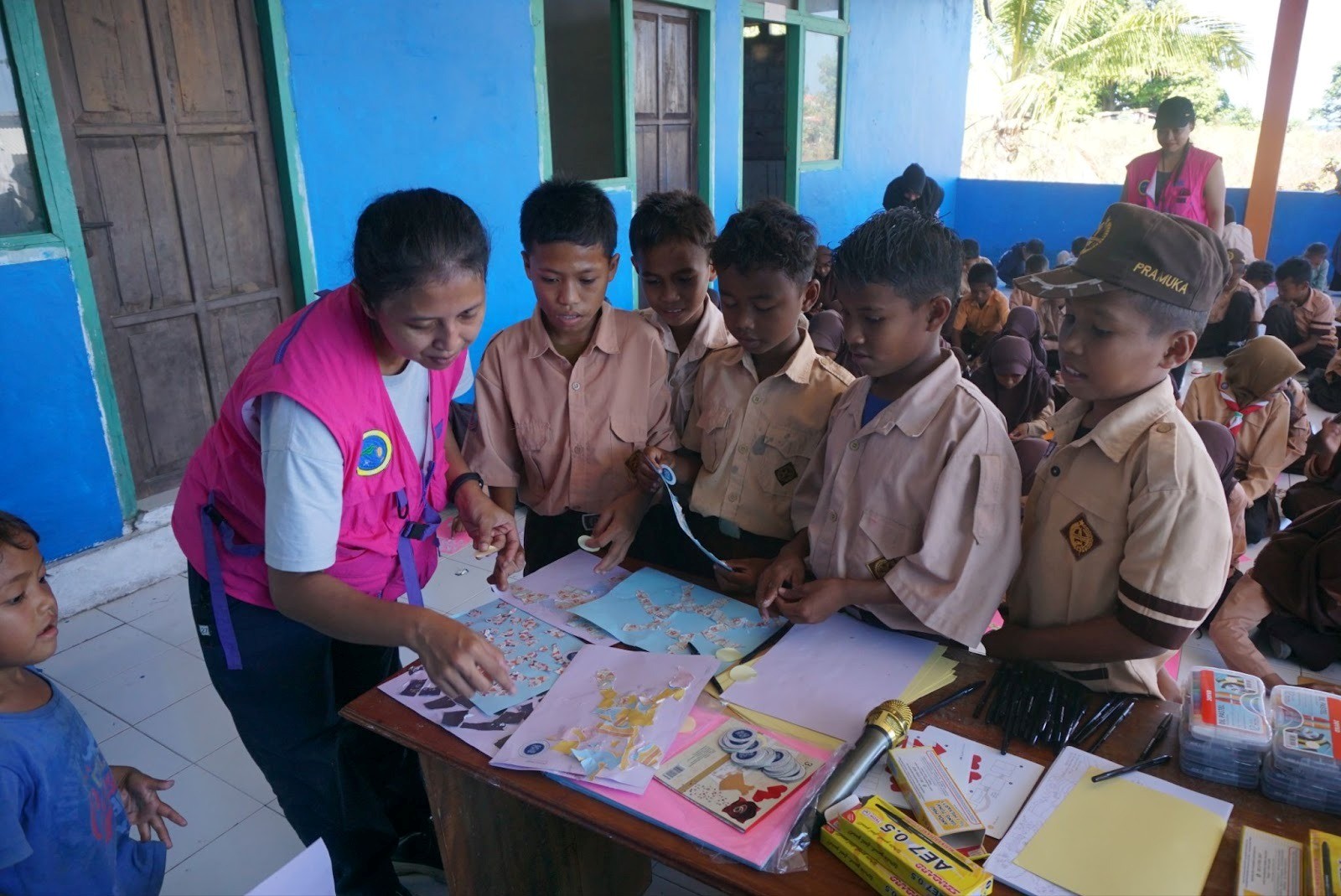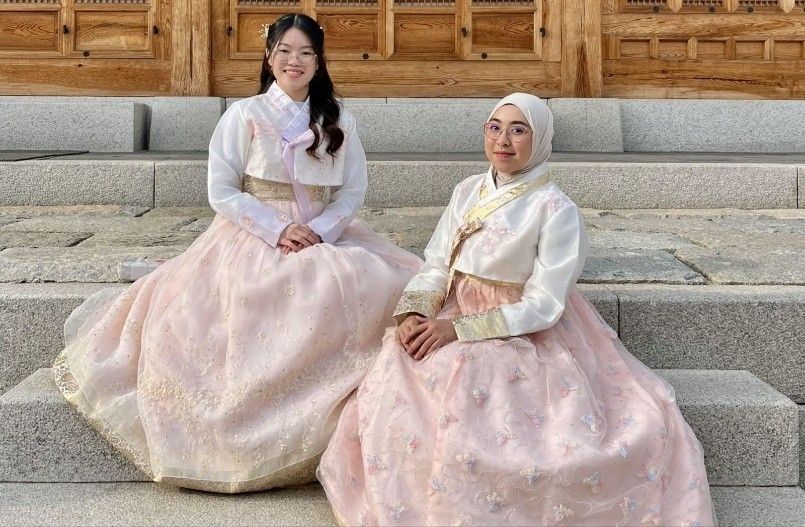Blue Economy Based Programs by the Ministry of Marine Affairs and Fisheries
By M. Naufal Hafizh, S.S.
Editor M. Naufal Hafizh, S.S.
BANDUNG, itb.ac.id — In order to improve the marine and coastal ecosystems, achieve equal economic opportunities, as well as community welfare, policies that are in accordance with the needs of archipelagic countries such as Indonesia are needed. In regards to the situation, the Minister of Marine Affairs and Fisheries (MMAF) of Indonesia, Ir. Sakti Wahyu Trenggono, M.M., implements priority programs based on the blue economy.
He conveyed this during a lecture in the Faculty of Earth Science and Technology (FEST) ITB which was guided by the Head of the ITB Oceanography Study Program, Dr. Ayi Tarya, S.Si., M.Si. "Our country is endowed with biodiversity and extraordinary marine resources. But unfortunately, governmental development is still centered around the land area. Not to mention the activities that have bad implications to marine biota and ecosystems, inevitable climate change, exploitation of marine resources, and marine debris pollution which become more and more concerning," said Ir. Sakti.
His first strategy was to expand marine protected areas. The number of Indonesian conservation areas in 2022 is 28.9 million hectares, or equivalent to 8.9% of Indonesia's naval zone. By 2045, the area is targeted to be 97.5 million hectares.
"The target is to increase marine protected areas to 30% of Indonesia's naval zone. The carbon that can be absorbed will ultimately reach 188 million tCO2eq. In rupiah, it is almost Rp 300 trillion. Other than carbon catchment areas, marine protected areas can also increase oxygen production and become a natural spawning ground for fish of high economic value," he said.
He also created a measurable fishing policy aimed at maintaining sustainable fish resources, as well as improving the welfare of fishermen, advancing Indonesian fisheries. As of now, modern fishing villages, tighter ship licensing data collection and capture information systems, and fishing ports restoration has been done.
The marine, coastal, and terrestrial aquaculture sectors have also been the main focus of the ministry. Indonesia has 5 superior commodities: shrimp, seaweed, tilapia, lobster, and crab. "The strategy is to increase aquaculture productivity through revitalization and remodeling of the cultivation system, building cultivation villages, followed by improving the downstream sector (cold storage, fish processing units)," said the minister who is currently pursuing his doctoral study at the ITB Earth Science study program.
MMAF also seeks to supervise and control coastal areas and small inhabited islands. This is done to build an environmentally friendly economy, improve and protect small island ecosystems, reduce conflicts regarding the use of marine and coastal space, improving the welfare of coastal communities, and maintaining the sustainability of coastal ecosystems.
The last program by the Ministry of Marine Affairs and Fisheries is to clean up the plastic waste in the sea through fishermen participation movement.
"We held a national movement for the Sea Appreciation Month to raise awareness on the dangers of plastic waste. Fishermen must bring their garbage back to land. At the end of the day, it's not just a one-person job, but all of us need to take care of the sea. It is time for us to restore Indonesia's reputation as a maritime country and not make it a neglected yard to become a mere garbage dump," he said, closing the material presentation on Tuesday (26/3/2024).
Reporter: Maharani Rachmawati Purnomo (Oceanography, 2020)
Translator: Kezia Hosana
Editor: Ayesha Lativa Mafaza (Postharvest Technology, 2021)

.jpg)
.jpg)


.jpg)


